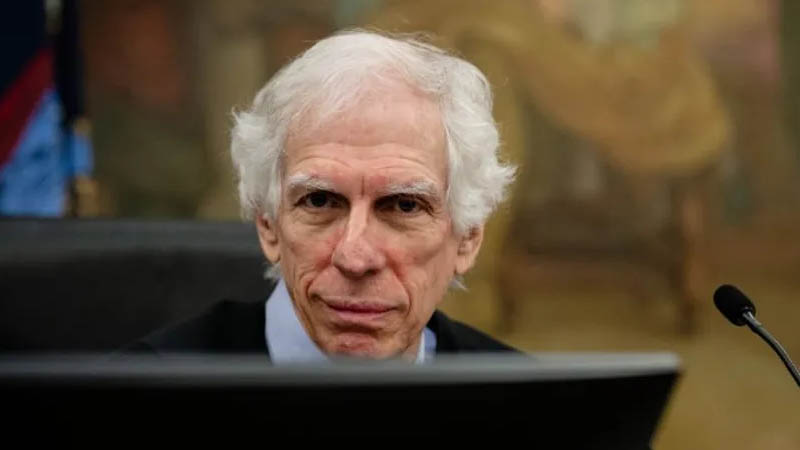In a significant development in Donald Trump’s civil fraud trial, the judge overseeing the case has approved a request to subpoena New York City real estate attorney Adam Leitman Bailey. This decision follows Bailey’s comments regarding an ex parte conversation about the case.
Attorney Adam Leitman Bailey claimed that he and New York Supreme Court Justice Arthur Engoron discussed the case extensively during a hallway chat three weeks before the court’s landmark ruling. This ruling found Trump and others liable for a combined $364 million, which, with interest, totals $454 million for Trump himself.
Bailey, serving as a legal analyst, spoke with NBC’s Manhattan-based flagship station WNBC on February 16, the day the court issued its judgment. Notably, Trump had already been found liable on the state’s motions for summary judgment before the trial. The conversation between Bailey and Engoron came to light in May, along with news that Engoron was under investigation by the New York State Commission on Judicial Conduct.
Seizing on the ensuing media storm and ethics investigation, Trump’s attorneys moved to have Engoron recused from the case in late June and issued a broad subpoena request for documents in Bailey’s possession. Bailey’s attorney countered with a motion to quash the subpoena, calling the request a “fishing expedition.”
Engoron found both sides asked for too much. Adopting Bailey’s marine metaphor, he denied the broad subpoena request from Trump’s attorneys. “As Mr. Bailey and his firm have appeared before this Court often, the request is unduly burdensome, as it would subject to disclosure all communications on wholly unrelated matters,” Engoron wrote. “Accordingly, this Court will not so-order the subpoena as issued, as it is framed in the most general terms and unquestionably would permit an improper wholesale fishing expedition.”
Engoron mocked the overly broad nature of the subpoena, describing its timeline as “from the beginning of time until now.”
However, Engoron did acknowledge that Bailey had “opened the door” by making his claims to the media. “Mr. Bailey has opened the door by making his extraordinary claims to the media, in which he, by his own admission, stated that he attempted to offer unsolicited legal advice to this Court,” Engoron ruled. “Accordingly, defendants are entitled to any communications or documents in Mr. Bailey’s possession that involve, discuss, or in any way refer to ‘the Action’ as defined in the subpoena.”
Ultimately, the judge granted the motion to quash the subpoena in part and denied it in part. Bailey now has seven days to provide Trump’s team with the requested documents.
Engoron has not yet ruled on the broader motion for his recusal. Trump’s motion emphasizes that the investigation into Bailey’s conversation with the judge raises reasonable questions about the court’s impartiality, stating, “Where, as here, this Court’s impartiality might reasonably be questioned under the circumstances, it must recuse.”
This decision marks a pivotal moment in the ongoing legal battle, balancing the need for transparency with the prevention of overly burdensome legal maneuvers.


